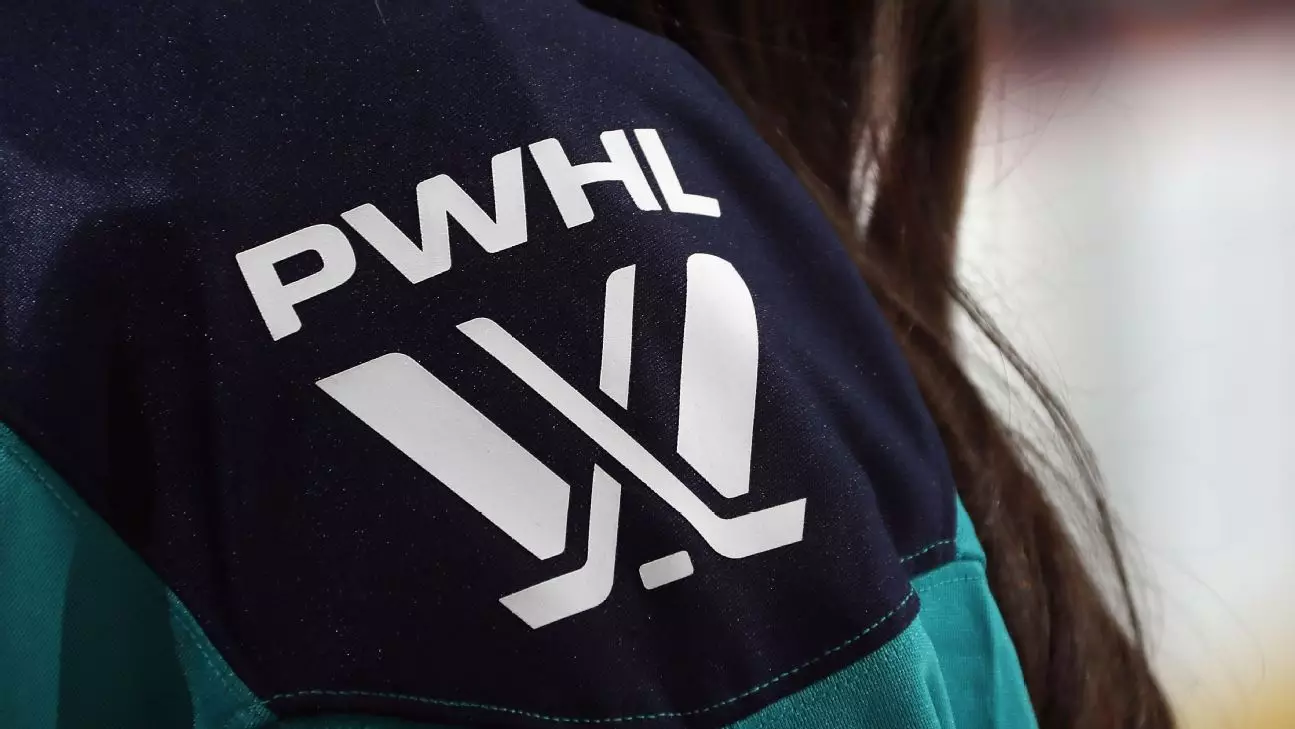The realm of women’s hockey is on the verge of a transformative expansion, and Vancouver is set to play a pivotal role in this evolution. The imminent announcement of the Professional Women’s Hockey League (PWHL) expanding into this vibrant city marks not merely the addition of another team but a significant shift in the landscape of women’s sports. As the league gears up for this historic moment, slated for public release shortly, it is clear that this move is not just about hockey; it’s about creating a lasting legacy for female athletes and fans alike.
The deliberate choice of Vancouver as the inaugural expansion city reflects the league’s strategic vision. For too long, women’s professional sports have lingered in the shadow of their male counterparts, yet cities like Vancouver are showcasing the enthusiasm and support necessary to propel women’s hockey into the mainstream. The decision to host the new franchise at the iconic Pacific Coliseum—formerly home to the NHL’s Vancouver Canucks—underscores a commitment to harnessing traditional hockey culture in a contemporary context.
The Rise of Female Athletes
What makes this expansion particularly compelling is not simply the league’s growth, but the visionaries behind it. With figures like Mark Walter and Billie Jean King championing the PWHL, there is palpable excitement about the possibilities that lie ahead. Their efforts promise to foster an environment where female athletes can thrive, bringing visibility and respect to women’s hockey. The surge in popularity of girls’ hockey in the region, as evidenced by sold-out games and large crowds, confirms the demand for a robust women’s league that prioritizes accessibility and growth.
The PWHL is seizing upon this momentum; reports indicate that a neutral site game in Vancouver attracted a staggering 19,038 fans, demonstrating not only the untapped market but the community’s desire to participate. This moment serves as a calling card for more profound investment in women’s sports, encouraging young girls to dream of professional careers in athletics. Expanding the PWHL into Vancouver is not just a financial decision but an empowering statement about the future of women’s sports.
Geographic Strategies and Market Dynamics
From a strategic standpoint, the expansion into Vancouver also highlights the league’s intentions to elevate its visibility across North America. Currently, the PWHL hosts teams predominantly in the northeast, with a presence near the West Coast remaining notably vacant. The anticipated addition of a Seattle franchise could not only bolster interstate rivalry but also enhance the competitive landscape of women’s professional sports. Proximity to Seattle, which boasts existing professional women’s teams in the WNBA and NWSL, serves as a template for success. Such growth could facilitate a dynamic market for women’s sports, promoting collaboration and shared fan bases.
Moreover, the PWHL’s meticulous evaluation of over 20 potential markets emphasizes their commitment to sustained growth. With numerous candidates in the mix, including Denver and Detroit, it is clear the league is focused not just on immediate gains but on long-term viability and success in these new environments. The drop in attendance and community engagement in lesser-monitored regions could become a thing of the past as the league works tirelessly to connect with fans through innovative initiatives, such as their reported Takeover Tour, which drew impressive crowds this season.
The Playoff Horizon and Looking Forward
As the PWHL nears the completion of its second season, anticipation for its playoffs is mounting. The intrinsic value of this expansion will also rely upon how the league engages its newly developed fan base. With playoffs set to begin shortly after the women’s world championships in Czechia, there is an opportunity for the PWHL to elevate the competitive scene for women’s hockey, encouraging profitability not only through ticket sales but through merchandise, partnerships, and community events.
The expansion into Vancouver signals a steadfast belief in the burgeoning future of women’s sports. This is an opportunity not just for the PWHL, but for an entire generation of female athletes, coaches, and fans who envision a world where women’s hockey is celebrated with the gusto and respect it rightfully deserves. Moving forward, it will be fascinating to watch how the PWHL capitalizes on this momentum to shape a more inclusive and diverse sporting landscape.

